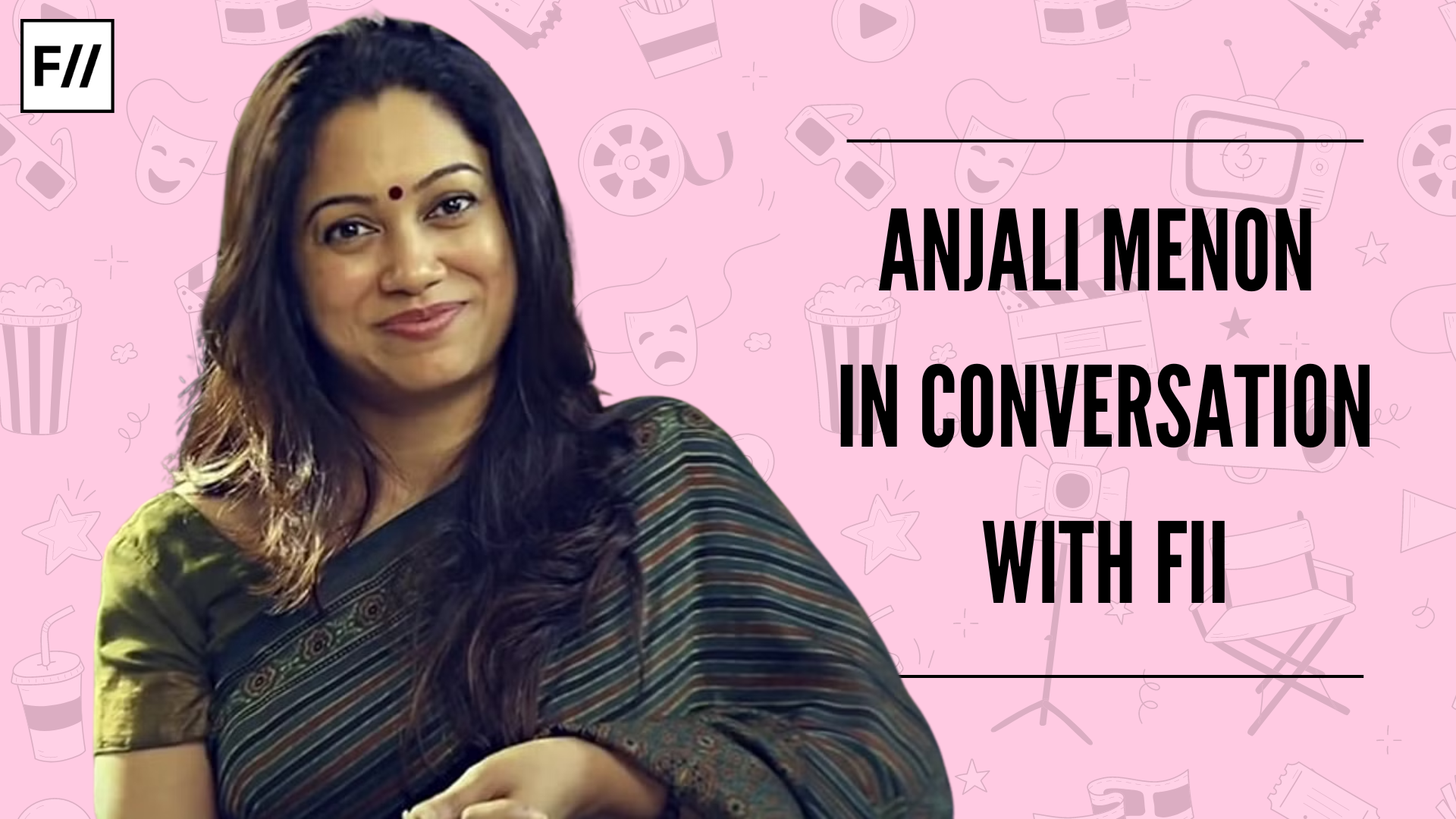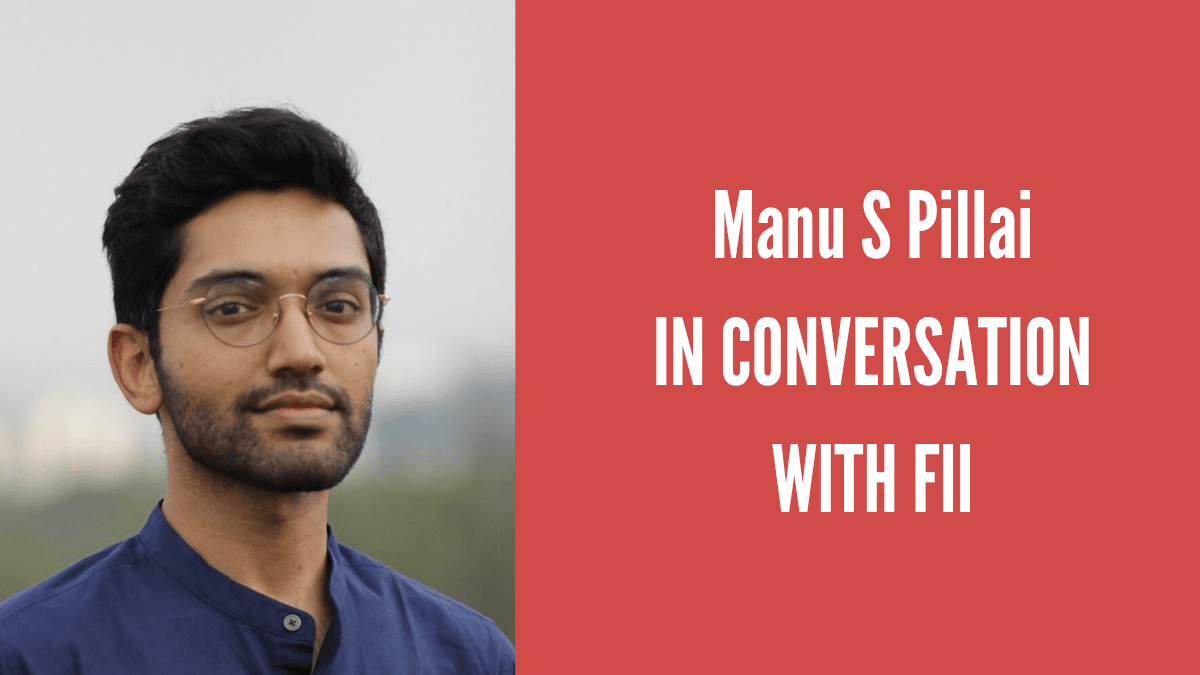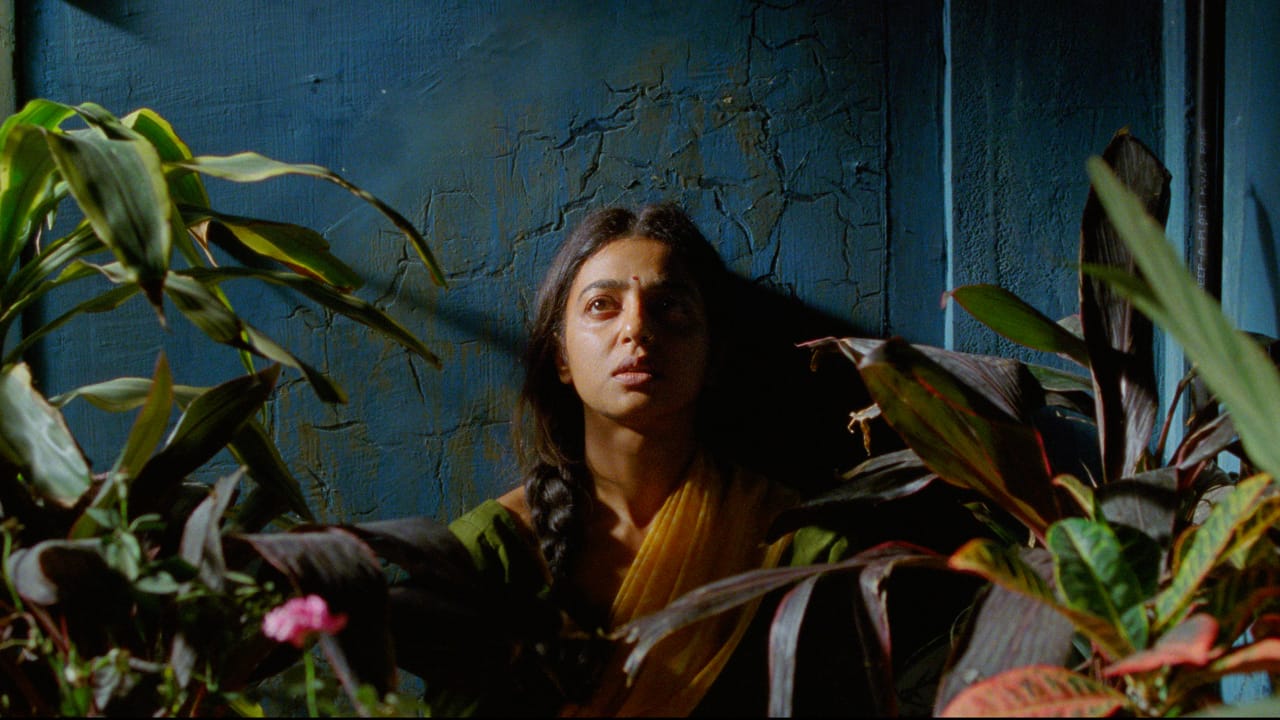“So, the wonder begins,” said the Instagram post of Parvathy Thiruvothu, accompanied by a home pregnancy kit that made the social media muddled with questions. Keeping the social media in awe and wonder, similar posts came up through actors, like Nithya Menen, Padmapriya, Archana Padmini, Amrita Subash, and playback singer Sayanora Philip. Putting an end to this confusion, filmmaker Anjali Menon cleared it up with the announcement of her new movie, Wonder Women, sharing stories of 6 pregnant women and their lives with these actors on board.
“The film is about ordinary women who journey together and it is only when they stand up for each other that they become “Wonder Women”. Pregnancy is a lens through which the story of empathy and sisterhood is told. The intent is not to glorify pregnancy or motherhood but to look at how much empowerment is needed in these areas and how much women can do to help one another. Human rights in childbirth and reproductive freedoms are far more important than the attention it receives.“
Anjali Menon
“Through the pregnancy experience, many feminine perspectives and experiences are explored. We have tried to bring some of these conversations into the open, out of closed rooms and whispers, hoping the audience will connect to that,” says Anjali Menon, one of the prominent voices in the Malayalam film industry today.
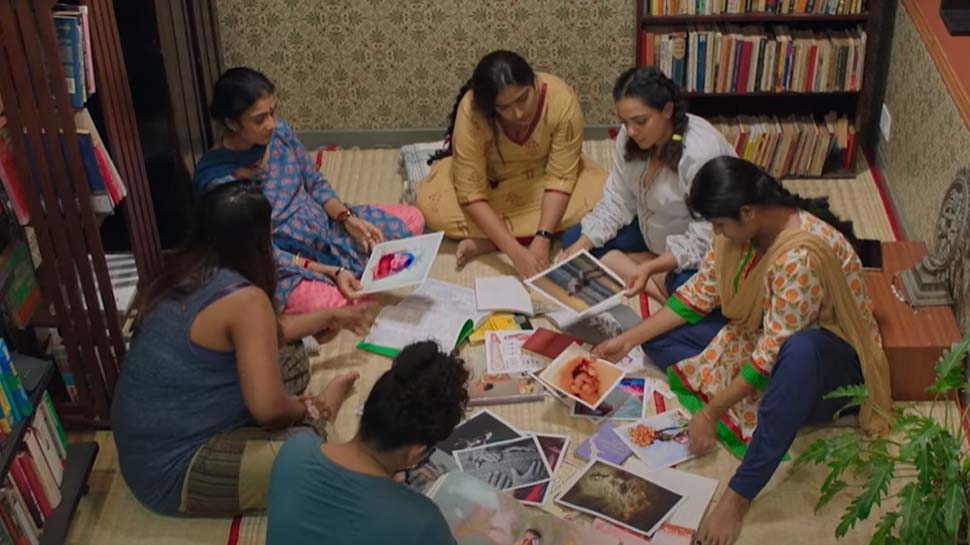
In this interview, Anjali Menon, the award-winning director and screenwriter, speaks about her new movie Wonder Women streaming now on Sony Liv, the story of 6 pregnant women from different realms of life in a prenatal class. Right from the trailer release, the audience has been eagerly waiting for the movie as all her movies have shared stories on human relationships and the different layers of emotions the characters go through.
Anjali Menon in conversation with FII on women, pregnancy and female friendships.
Q: Making everyone on Instagram wonder, a social space announcement happened on 28th October. How and why was that way of approach given to a film announcement especially when the whole movie shooting was like a hidden surprise?
A: We usually keep the film under wraps until it is time to release and this is to simply keep away any attention until the film is done. The first promo was meant to draw attention to the news of the pregnancy of each character from the film and a social experiment around how people react to such news.
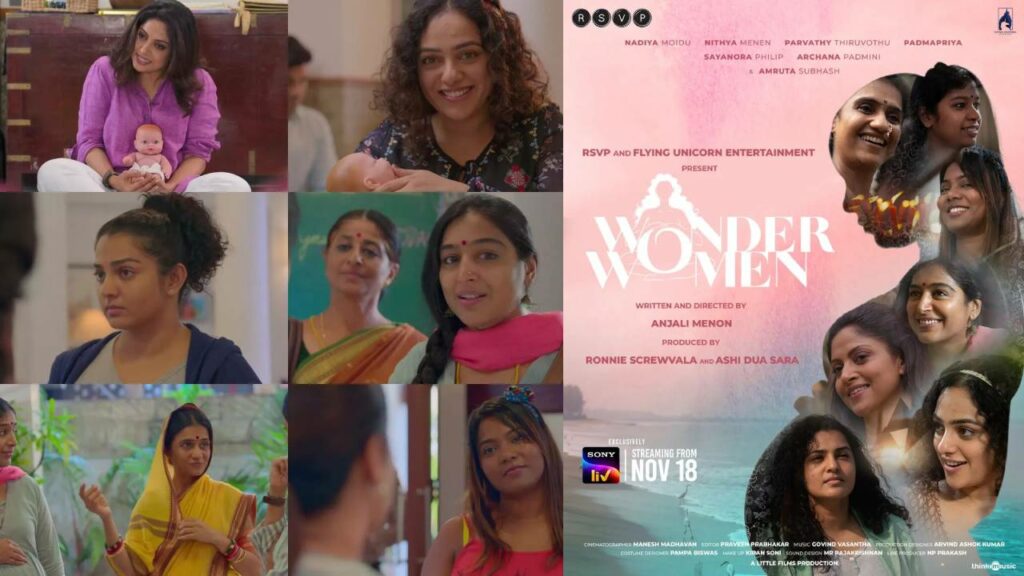
This was soon followed by videos of the actors as each character reacting to their own pregnancy, it was only after this, we announced the film. Fortunately every stage was met with more enthusiasm and kept the spirit buoyant right through the time.
Q: Looking at your previous movies, there’s a different tone for each film, the subjects and the themes they are dealing with are different and there’s always a takeaway for the audience from each film. So, what to expect from ‘wonder women’ for the people who were waiting for so long with immense anticipation and love after ‘koode’ release?
A: Wonder Women is a film planted in the feminine space told with a light, breezy treatment. Through the pregnancy experience many feminine perspectives and experiences are explored. We have tried to bring some of these conversations into the open, out of closed rooms and whispers, hoping the audience will connect to that.
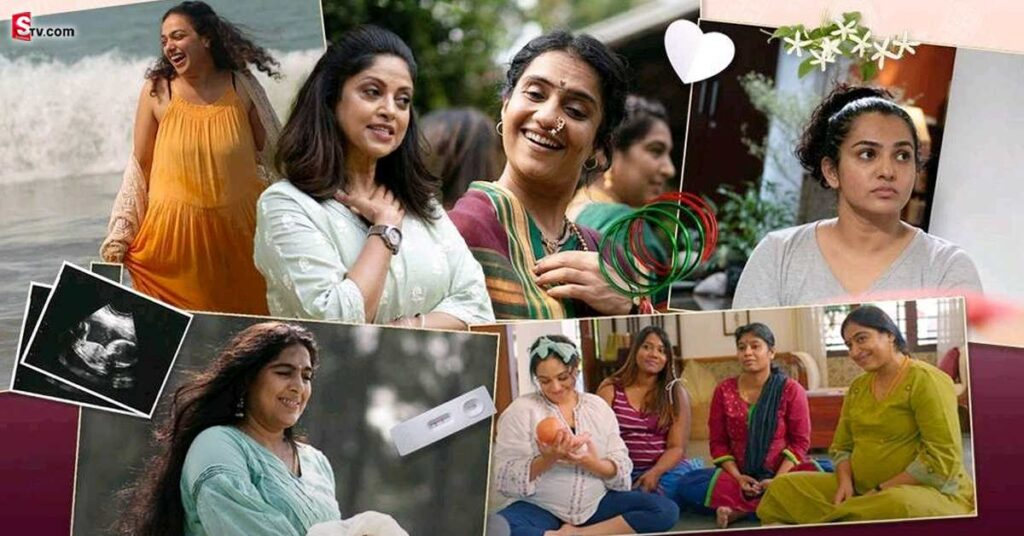
Q: There are many movies in the Malayalam film industry with pregnant characters that glorified motherhood with many emotionally appealing scenes and dialogues, how is ‘wonder women’ different from all of that?
A: The film is about ordinary women who journey together and it is only when they stand up for each other that they become “Wonder Women”. Pregnancy is a lens through which the story of empathy and sisterhood is told.
The intent is not to glorify pregnancy or motherhood but to look at how much empowerment is needed in these areas and how much women can do to help one another. Human rights in childbirth and reproductive freedoms are far more important than the attention it receives.
“There are many kinds of women who are not represented here- like those who choose not to have children, queer, minor, surrogate, adoptive mothers- and that is not because these narratives are not important. They deserve more space to be told with proper context and sensitivity.”
Anjali Menon
Also, Wonder women is a film in English with touches of Hindi, Marathi, Tamil, Telugu, Kannada and Malayalam.
Q: This story is about prenatal classes which is a concept that isn’t prevalent in all sections of society and although you have characters in the film who are from less privileged backgrounds, did you worry if the story specifically catered to just a certain section of the society? Or would it be relatable to large sections of the society?
A: Yes prenatal classes are still very much a privilege of the elite in India yet it is an ideal setting to be able to speak of these issues. Also we should be aware that irrespective of economic status, women are rarely empowered in these spaces.
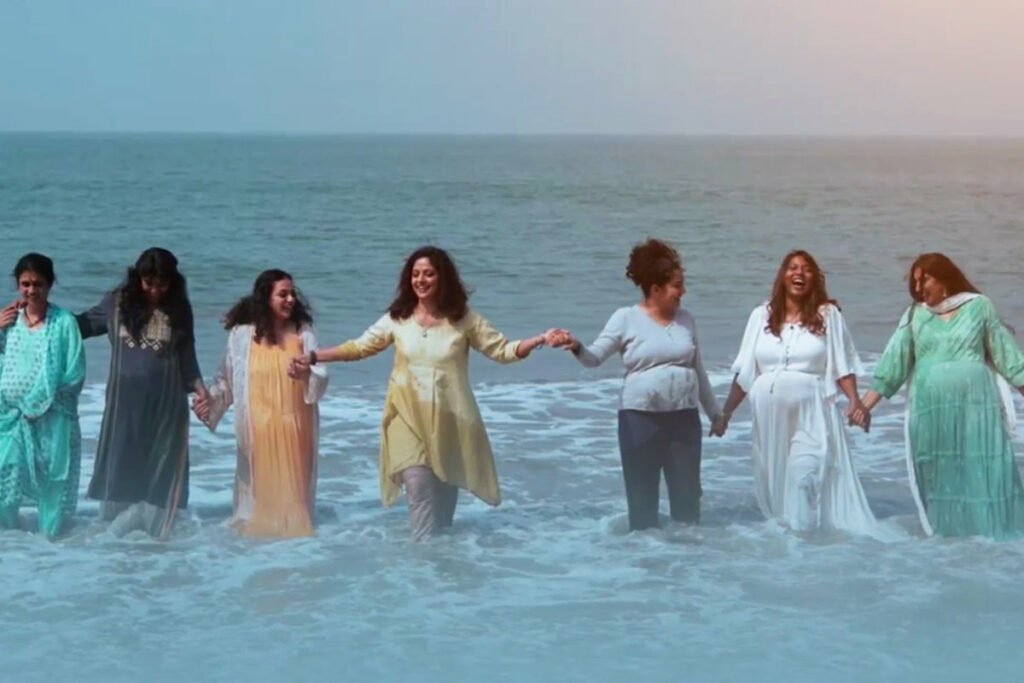
Choosing this setting gave me an opportunity to create awareness about the need for such classes to be accessible for anyone- to make it relatable we tried to keep the discussions simple and straight. I have been receiving so many messages from women asking about these classes and where they can access them.
“The intention was to keep it simple and yet identifiable while finding moments in their lives which would inform us in a nutshell about their backgrounds, mindsets and relationships. The real writing challenge in this was actually to introduce the issues through the individual and collective journeys and make it accessible to a regular audience that may not be familiar with such feminine spaces or issues.“
Anjali Menon
Just for awareness, www.birthindia.org is a useful non-for-profit network resource. It is worth reading up on the work of Frederick Leboyer, Janet Chawla and Dr.Gowri Motha.
Q: The diversity of language is an unconventional and appreciable choice, in my opinion. Was diversity an important part of making the film, in terms of choosing the crew and cast?
A: The idea was to show that female bonding is far stronger than any socio-cultural grouping and get different kinds of women in frame to break the boxes women are put in. Even with the language being predominantly English, we encouraged everyone to speak English as per their individual character’s ethnicity.
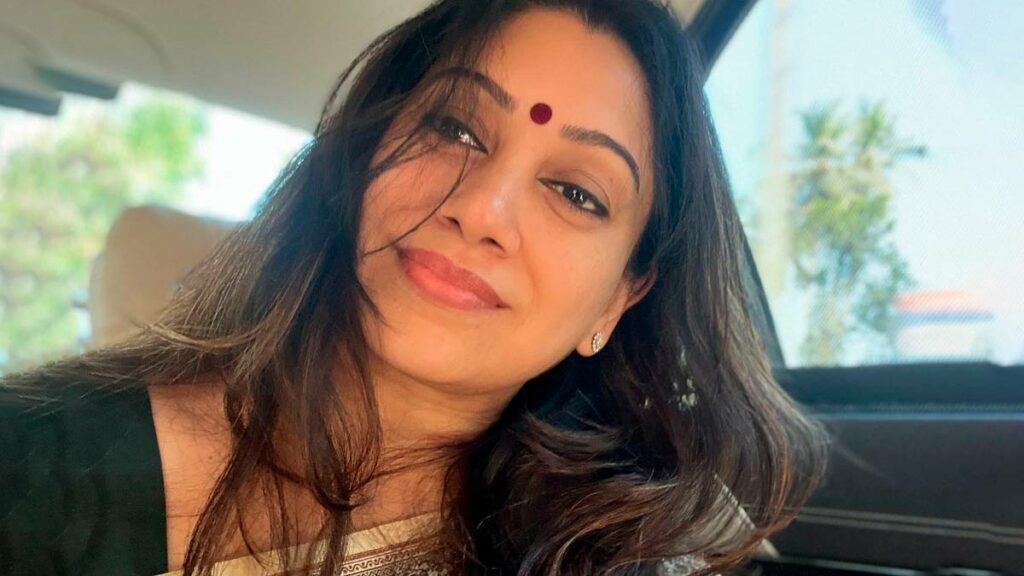
Source: HerZindagi
As regards the crew, we always have a mix of people from different regions, ages and levels of experience on our crew. As per our gender policy, people are hired for their craft giving importance to equal space and equal opportunity. Yes, the ratio of women on this unit was significantly higher than usual.
Q: Writing a multi-character story, there’s a lot of complex emotions each character goes through and it’s different from one another. How was your journey of writing another multi-character story with lots of different emotions?
A: I am very drawn to ensemble films and in this context I was trying to bring into one frame, many different kinds of people and situations that are familiar to all of us. We wanted to show the diversity of the experience and yet identify the common emotion amongst these stories.
“I have left some things for observation without underlining them. The feedback has been interesting with many getting it but some seeking more highlighting within the frame. As always, this is a learning space.”
Anjali Menon
The intention was to keep it simple and yet identifiable while finding moments in their lives which would inform us in a nutshell about their backgrounds, mindsets and relationships. The real writing challenge in this was actually to introduce the issues through the individual and collective journeys and make it accessible to a regular audience that may not be familiar with such feminine spaces or issues.
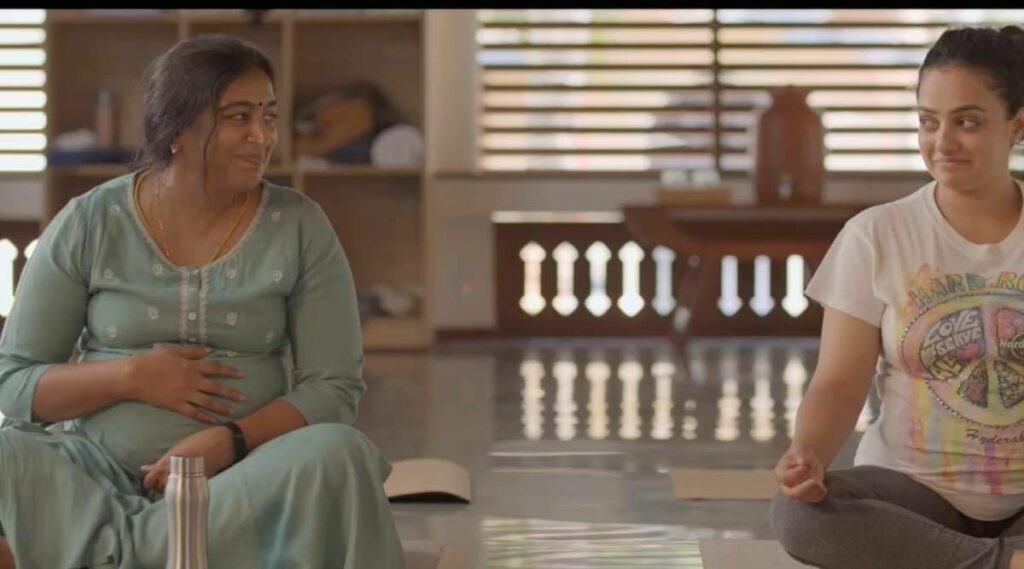
Q: Pregnancy is a time that brings about a big change in a parent’s life professionally and personally. Nora, is shown a chirpy character who is ready to focus on her baby more, even to the detriment of her professional life. It’s shown that she doesn’t want her child to face the kind of bringing up as she did as a child, but do you worry that it might be seen as Nora’s character condemning mothers who are passionate about their careers and opt to have other caregivers for their children?
A: I am a mother who is passionate about her career and I identify with the struggles we go through, but here I am highlighting that need for connection with the child which is key.
You can see in Nora a woman asserting her choice that is defined by her individual experience and not blindly following a practice handed down from her family or mother. It is important to recognize that Nora still seeks a connection to her mother but the mother is not interested- the disconnect is Nora’s problem and it is lifelong- and not about her mother being a career woman.
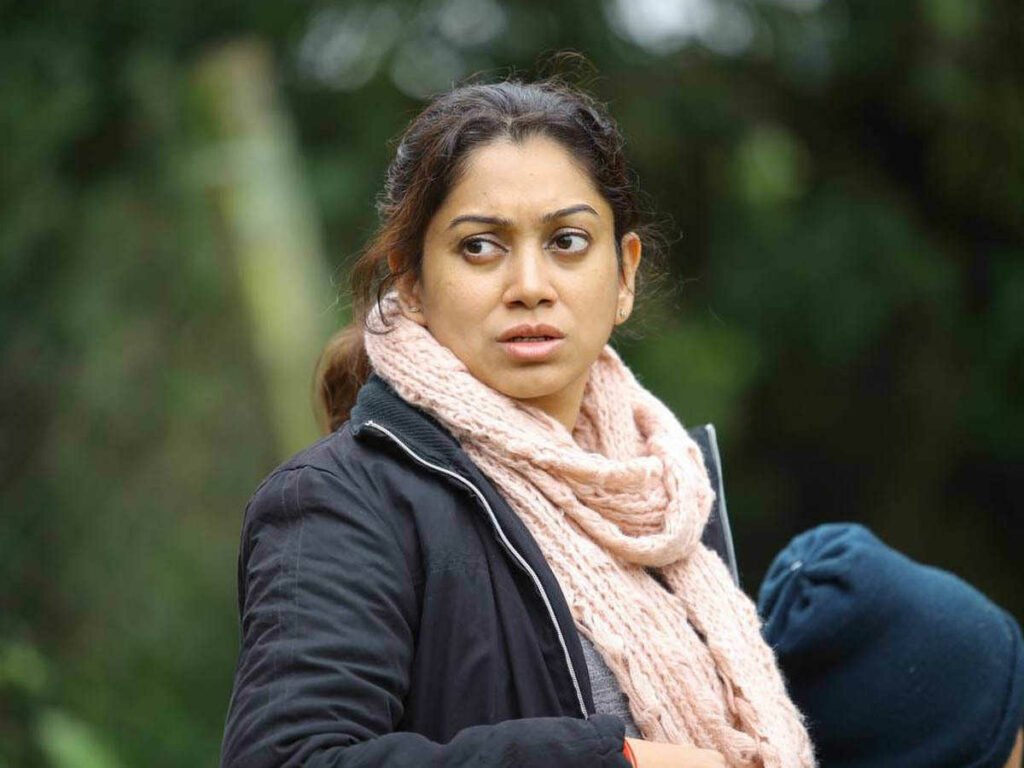
Also read: FII Interviews: Prof. Vibhuti Patel On Her Role In The Women’s Movement Of India
Eventually Nora realises she does not have to force a choice on herself and returns to her workspace. But she still yearns for that connection which she finds with Nandita as a mother figure and other friends within the group.
“When Nandita shares news about Jaya’s delivery, it is the mother-in-law who embraces the alleged feminist first! Yes, these are intentional choices and I hope the degrees of change are apparent. The key protagonist Nandita is not a biological mother. But she is the one who shows the path. This is because I believe maternal feelings are in no way limited to biological motherhood.”
Anjali Menon
Q: The moment we see each character there is an instant establishment or idea of who they are to the audience but as the movie progresses, we learn about their background, their conflicts, etc but as hints there is only a skimming to the lives of characters rather than giving a detailing about how are they resolving their conflicts, for example: the rigid mother-in-law who seemed controlling has turned out to be an understanding person over a single scene. Was that an intentional writing choice?
A: I tend to write in too much detail usually and end up with long winded films. This film being an OTT offering I wanted to attempt an economical approach to writing without spoon feeding the audience for familiar matters. I have left some things for observation without underlining them. The feedback has been interesting with many getting it but some seeking more highlighting within the frame. As always, this is a learning space.
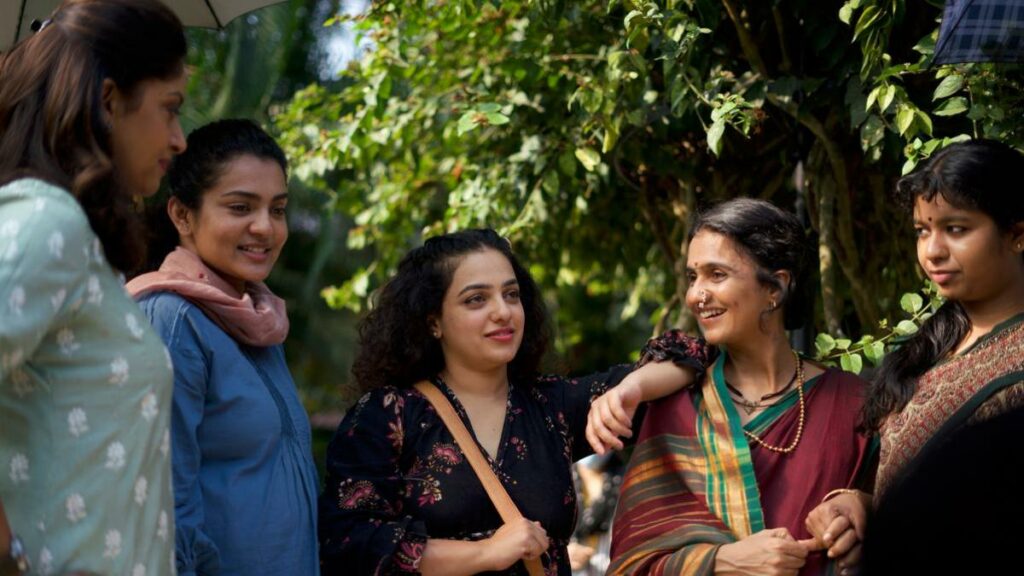
The rigid mother-in-law, for example, trespasses into the class and is mostly present right from the first session till the baby shower skipping only some classes in between. Her perspective is challenged more than once and we see her carefully observing what follows. I see her as someone from her generation who starts opening up when exposed to different information.
Even when she arrives at the scene where Veni is complaining to her husband, the mother-in-law does not react. She quietly hands over the coffee and moves away, perhaps realising her imposing role in the couple’s life. Later Veni says she dropped her to the class and left- it is Veni’s interpretation that she is upset but we don’t see any confrontation. The mother-in-law was still dropping her and giving Veni the space she so desired.
Also read: FII Interviews: Aadi Fights Back Queerphobic-Casteist Campuses In Kerala
Slowly she learns to accept the group, even adapting the ethnic ‘valaikappu’ tradition for all of them. So the change isn’t really over a single scene… but from when the mother in law enters the class and it continues all the way till we see her confronting the doctor and mouthing the perspective that she has learned from Nandita during the class. When Nandita shares news about Jaya’s delivery, it is the mother-in-law who embraces the alleged feminist first! Yes, these are intentional choices and I hope the degrees of change are apparent.
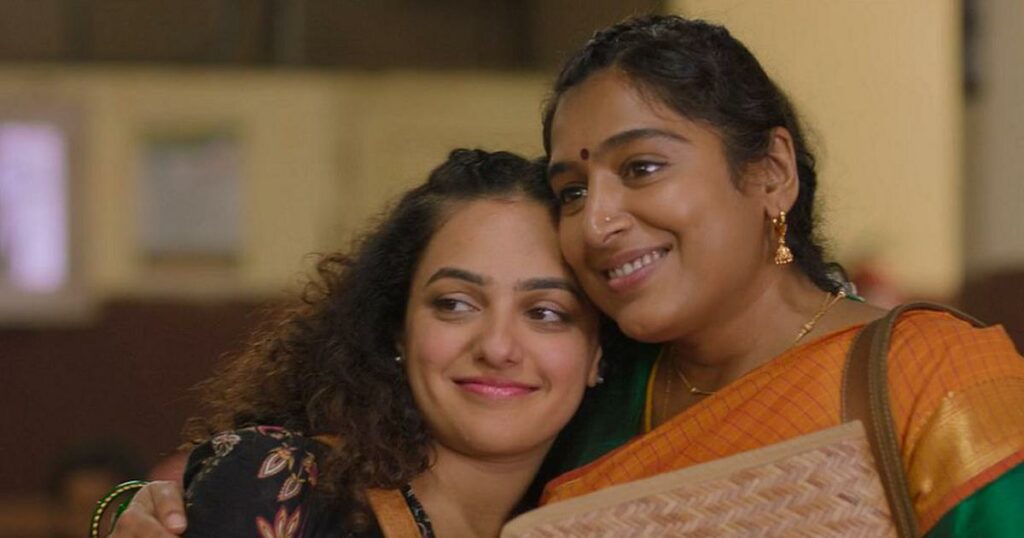
Q: As mentioned, diversity and inclusion were one of the major parts of the film, with a large cast and multiple characters including a conventional woman with a rigid mother-in-law, an effervescent Nora, a single mother going through divorce, why was the film mainly focusing on biological mothers? Why not queer representation as well?
A: The key protagonist Nandita is not a biological mother. But she is the one who shows the path. This is because I believe maternal feelings are in no way limited to biological motherhood. There are many kinds of women who are not represented here- like those who choose not to have children, queer, minor, surrogate, adoptive mothers- and that is not because these narratives are not important. They deserve more space to be told with proper context and sensitivity. I hope to have more opportunities to explore such subjects.
FII thanks Anjali Menon for her time and words. You can follow her on Instagram.
